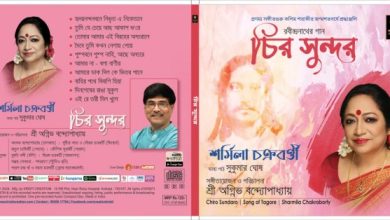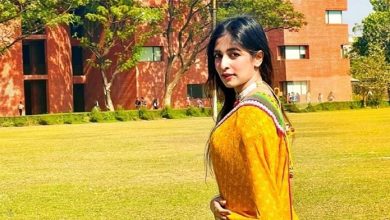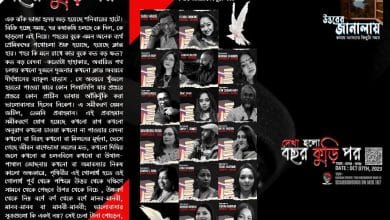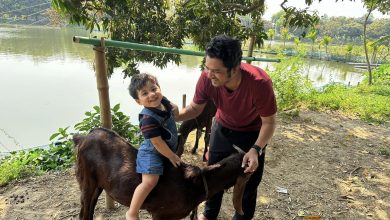Celebrated Indian musician and composer Shivkumar Sharma has died at age 84
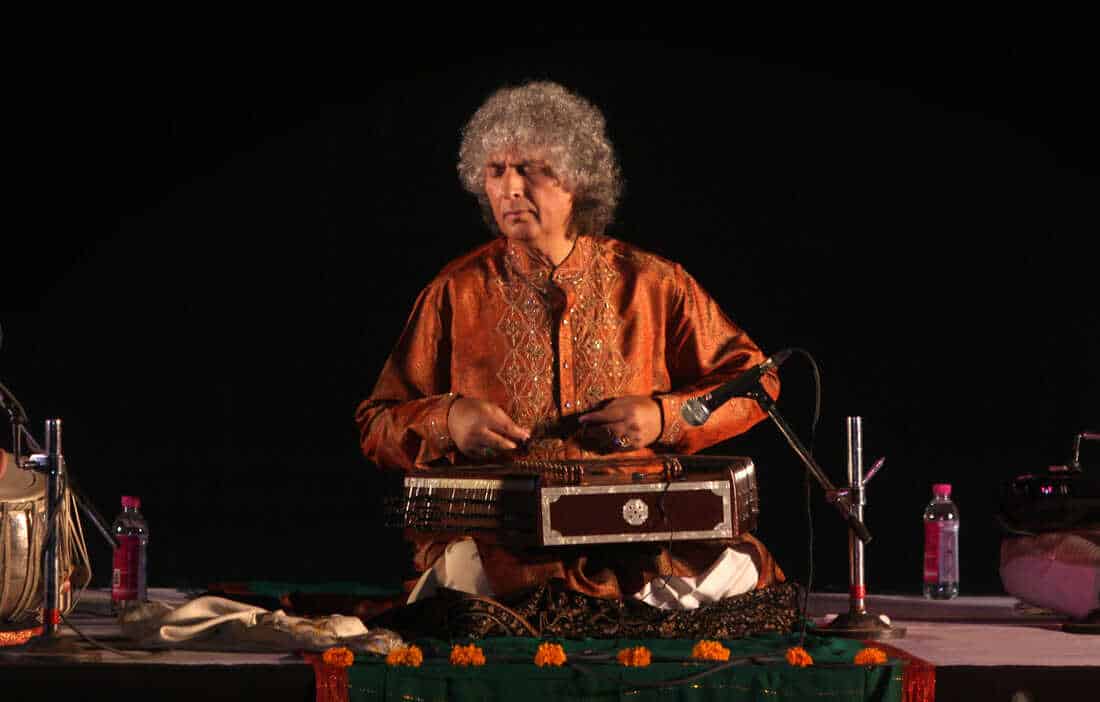
Indian musician and composer Shivkumar Sharma, who elevated the 100-stringed hammered dulcimer to classical concert stages around the world, died Tuesday in Mumbai at age 84. He created a famously dreamy, almost singing tone for his santoor — a feat for an instrument that is played by hitting the many strings with two mallets.
His death was first reported across Indian media, with family saying that he died at home of a heart attack. Indian Prime Minister Narendra Modi also gave public tribute: using honorifics for the late musician, Modi wrote: “Our cultural world is poorer with the demise of Pandit Shivkumar Sharma Ji.”
Sharma (whose name was also written in English as Shiv Kumar Sharma) was celebrated both as a virtuoso of the santoor, the hammered dulcimer, as well as a composer who wrote well-loved scores for Bollywood films along with his writing partner, flutist Hariprasad Chaurasia.
Born in the city of Jammu in the region of Kashmir on Jan. 13, 1938, Sharma came from a musical family: his father, Uma Dutt Sharma, was a well-known vocalist and tabla drum player. (Both father and son were given the title of Pandit, or “teacher.”)
Uma Dutt Sharma originally led his son to sing and play the tabla as well, but saw the hammered dulcimer — then known primarily as a folk instrument in Kashmir, with roots in ancient Persia — being played in a style connected to the Sufi, or mystical Islamic, traditions of Kashmir. The elder Sharma saw an opportunity for his son to master an instrument that would be new to North Indian classical music. When he was just 17 years old, in 1955, Shivkumar Sharma debuted his santoor playing at a classical music concert in Mumbai.
Over the ensuing decades, Sharma became the unquestioned master of the santoor as an Indian classical instrument; his son Rahul also became a noted santoor player, and they often performed together from the 1990s onward.
Shivkumar Sharma toured the world frequently, often appearing on stage with tabla master Zakir Hussain. One of his most frequent performance and compositional partners, however, was Hariprasad Chaurasia. In 1967, they teamed up with guitarist Brij Bhushan Kabra for a highly atmospheric and evocative album titled The Call of the Valley, which became a hit — both in India and with Western rock musicians who were falling in love at the time with Hindustani (North Indian) classical music, including George Harrison.
Working together under the professional name Shiv-Hari, Sharma and Chaurasia wrote the musical scores to a number of Bollywood films, including two hits: 1991’s Lamhe and 1993’s Darr: A Violent Love Story, both of which prominently featured one of India’s most iconic singers, Lata Mangeshkar. As a duo, Shiv-Hari were nominated five times for Filmfare magazine’s Best Music Director prize.
Sharma was awarded several prestigious honors in his home country, including the Sangeet Natak Akademi Award in 1986 (the highest prize given to performing artists by the India’s National Academy of Music, Dance and Drama) and two high-level governmental awards: the Padma Shri in 1991 and the Padma Vibhushan in 2001.


